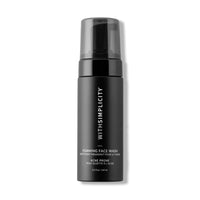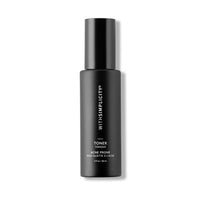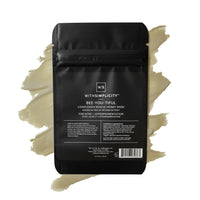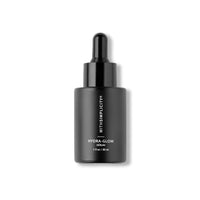Acne, a prevalent skin condition that affects individuals of all ages, often brings frustration and self-consciousness. However, beyond its physical appearance, acne can actually serve as a valuable messenger, providing insights into your overall health and well-being. In this comprehensive guide, we will delve deep into the world of acne, exploring the various types of breakouts and their potential meanings for your body.
By understanding the underlying causes and nuances of acne, you can gain a profound understanding of your skin and take proactive steps towards achieving clearer, healthier skin.
Let's decode the messages your acne is sending.
What Causes Acne?
Before we explore the significance of acne breakouts, let's establish a strong foundation by understanding the scientific aspects of this skin condition. Acne occurs when hair follicles become clogged with a combination of oil, dead skin cells, and bacteria. Hormonal fluctuations, excess sebum production, inflammation, and genetic predisposition all contribute to the development of acne. By comprehending the underlying mechanisms, we can better interpret the signals our skin is sending and choose lifestyles and skincare products that help with acne.
Forehead Acne: Digestive Issues and Stress
Acne appearing on the forehead holds a deeper meaning, often indicative of digestive issues and stress levels. The forehead is intricately linked to the digestive system, and breakouts in this area may suggest an imbalance in gut health or dietary habits. Additionally, stress can disrupt hormonal balance, leading to increased oil production and clogged pores on the forehead.
Cheek Acne: Internal Imbalances and Environmental Factors
The cheeks, a prominent area of the face, can offer significant clues about internal imbalances and environmental factors affecting the skin. Acne on the cheeks may indicate poor air quality, exposure to pollution or allergens, or respiratory issues.
Chin and Jawline Acne: Hormonal Imbalances and Digestive Health
One of the most common areas for acne in women is the chin and jawline, which is often associated with hormonal imbalances. Fluctuations in hormone levels throughout the menstrual cycle or during menopause can trigger breakouts in this region. Furthermore, the chin and jawline are interconnected with the digestive system, making acne in these areas a potential sign of digestive issues or food sensitivities.
Temple and Hairline Acne: Haircare Products and Scalp Health
Acne along the temples and hairline can be attributed to various factors, including haircare products and scalp health. Ingredients found in haircare products, such as styling gels or conditioners, can clog pores and contribute to breakouts in these areas. Additionally, inadequate scalp hygiene can lead to the accumulation of oils and sweat, promoting acne formation.
Try to avoid products with large concentrations of sodium lauryl sulfate (toxin & irritant), jojoba oil, coconut oil, and silicones. If too many oils are left on the scalp, breakouts may occur.
If you are a daily makeup wearer, make sure to remove your makeup at the end of the night all the way up to the hairline. Any remaining makeup left on overnight can lead to clogged pores and unwanted breakouts.
Back and Body Acne: Clothing Choices and Hygiene
Acne on the back and body often arises due to clothing choices and hygiene practices. Tight-fitting or non-breathable clothing can trap sweat and bacteria against the skin, leading to breakouts. Additionally, inadequate showering or insufficient cleansing after exercise can contribute to the accumulation of oils and impurities, exacerbating body acne.
Acne is more than just a superficial concern; it serves as a window into our overall health. By decoding the messages conveyed through acne breakouts, we can gain profound insights into our bodies and take appropriate steps towards clearer, healthier skin.
Remember, achieving and maintaining clear skin is a journey that requires patience, consistency, and a multi-faceted approach!
Implementing dietary changes, stress management techniques, skincare adjustments, and seeking professional guidance can all contribute to long-term acne management. Use the knowledge your acne provides and empower yourself to make informed choices for healthier, more radiant skin.






